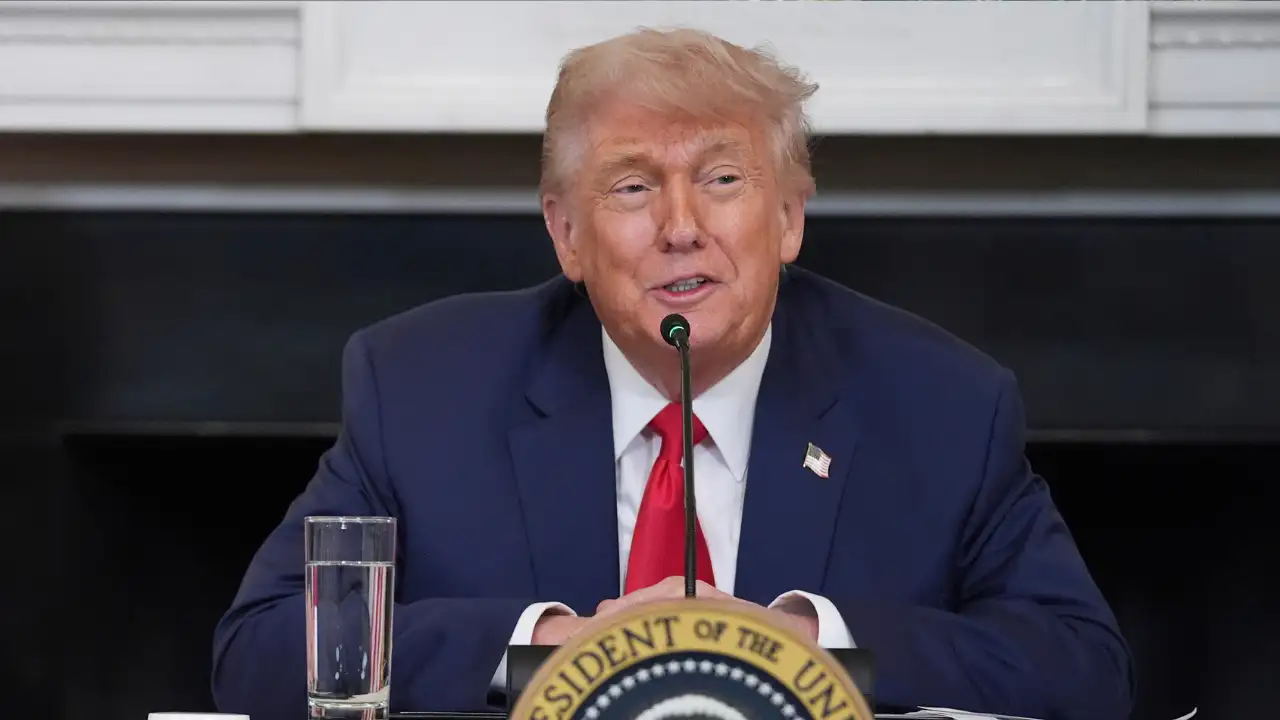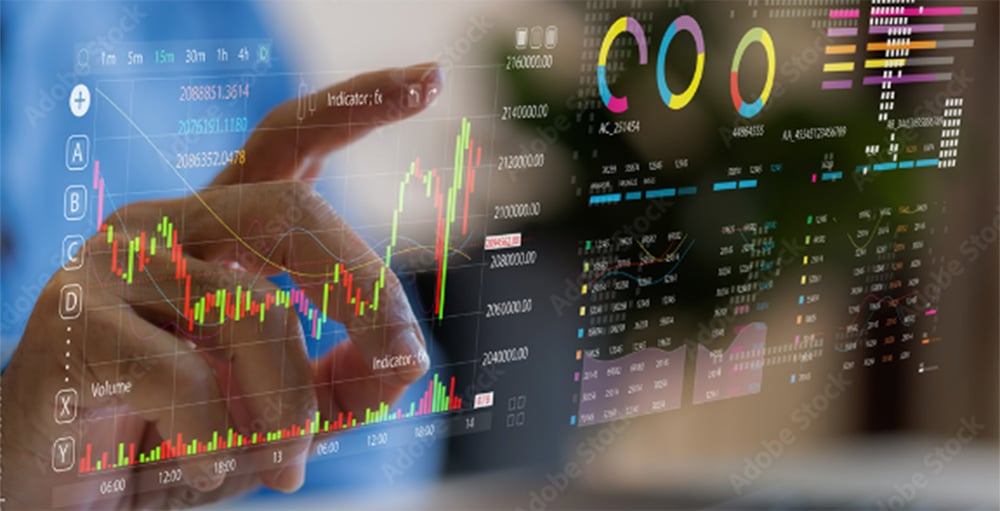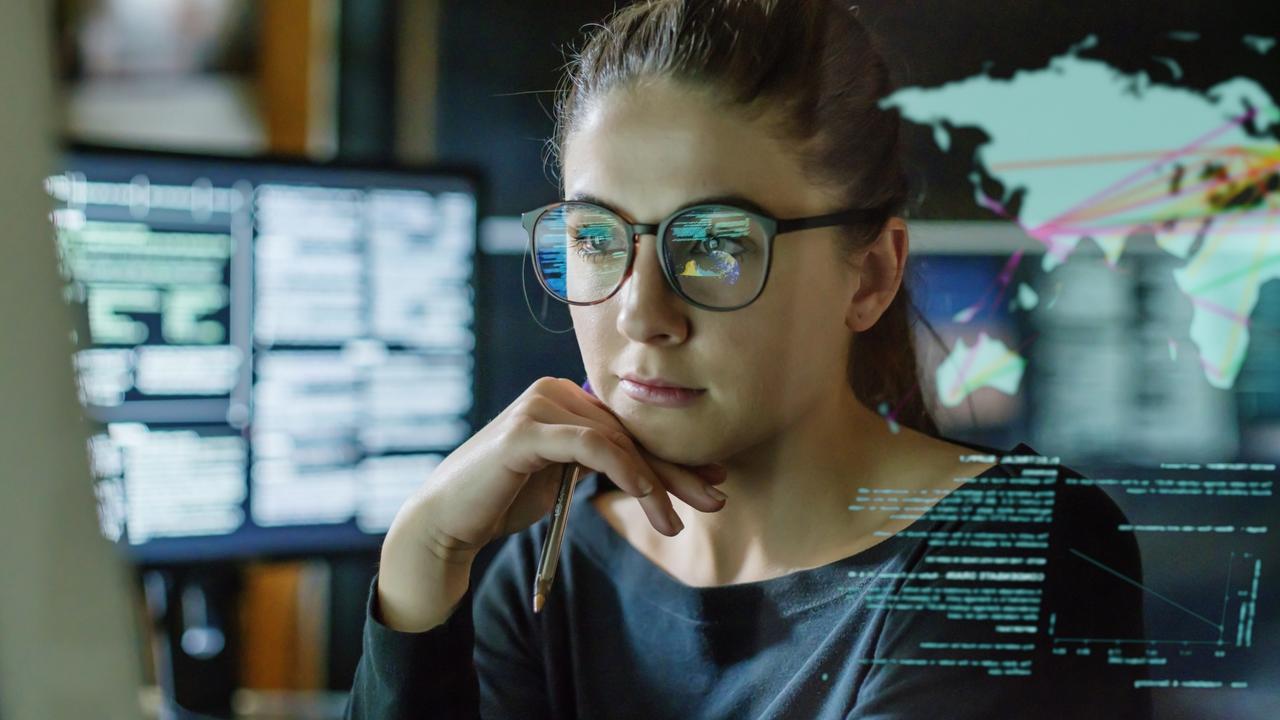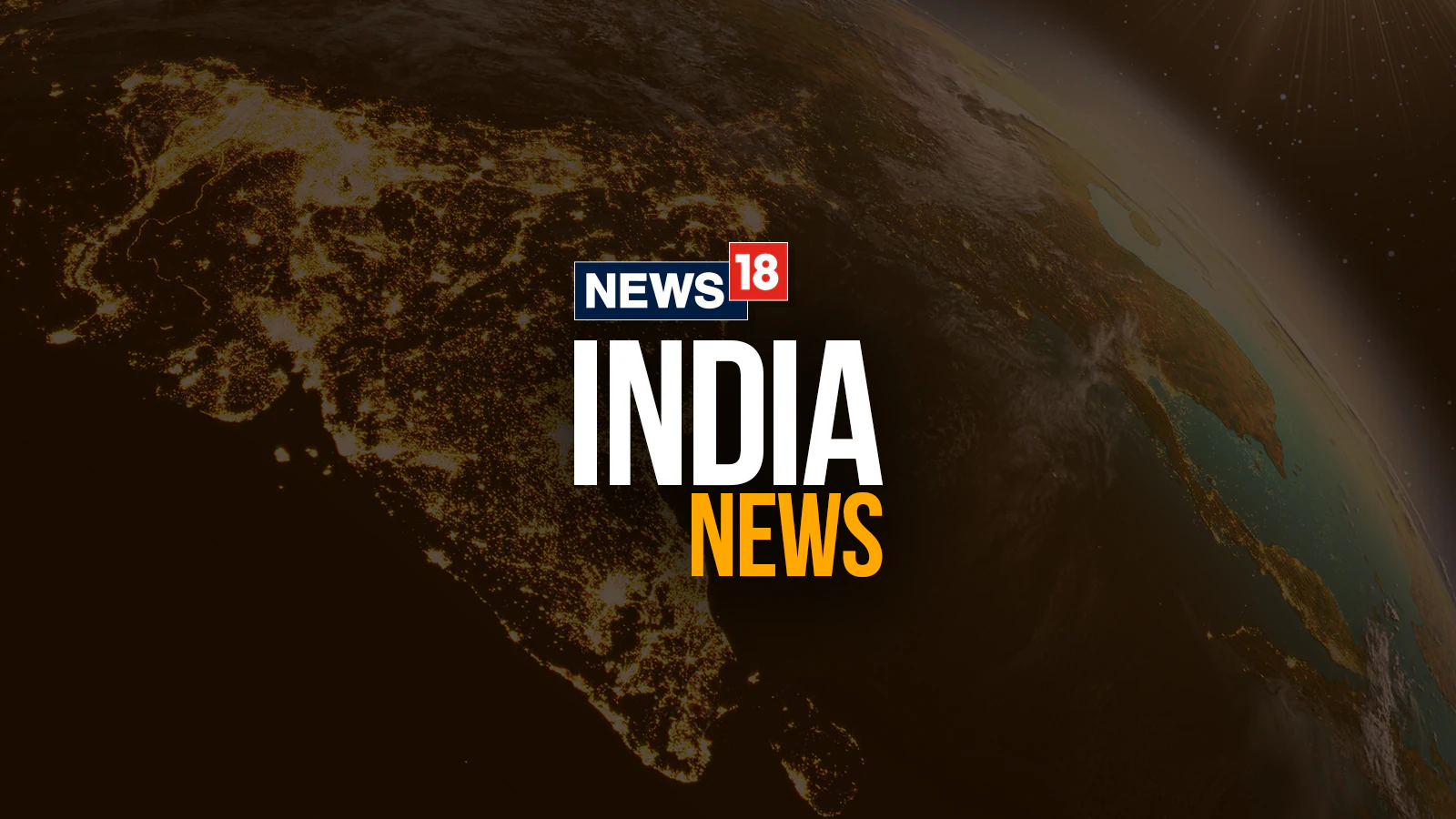By Arpita Ghosh
Copyright timesnownews

United States President Donald Trump on Friday signed a proclamation to overhaul the H-1B visa program, introducing a steep new $100,000 application fee in an effort to curb what the administration says is abuse of the system. The proclamation requires payment of the fee and argues that misuse of the H-1B pathway has displaced American workers. Entry under the program will be restricted unless accompanied by the payment. According to a White House fact sheet, the change will mandate a “$100,000 payment to accompany or supplement H-1B petitions for new applications”. The new fee would come on top of existing charges, which are far lower. Current H-1B costs include a $215 registration fee for the annual lottery and other filing fees. Trump’s proclamation allows for case-by-case exemptions “if in the national interest”, potentially giving certain companies or industries a way to seek relief from the new fee. In addition, Trump plans to direct the Labor Department to begin rulemaking to revise prevailing wage levels for H-1B workers, a step the White House said is intended to limit the use of visas to undercut pay for US employees. How Does it Affect Indian Tech Professionals? The new move is expected to have a major impact on Indian technology professionals employed by US companies on H-1B visas. These visas are issued for three years and can be extended for another three. If an employer sponsors a worker for permanent residency, the visa can be renewed until the green card process is completed. But many Indians face decades-long backlogs for green cards, raising concerns that the new $100,000 annual fee could determine whether companies are willing to keep sponsoring them. How did the H1B Visa News Affect Markets? News of the fee rattled IT consulting firms on Friday, with shares of Accenture and Cognizant Technology sliding to session lows, reports Bloomberg. What Is the H-1B Visa Program? Created in 1990, the H-1B visa is one of several employment-based immigration programs the US has used over decades to address workforce shortages. Earlier initiatives brought temporary farm workers from Mexico during World War II, Spanish sheepherders in the 1950s, and nurses – many from the Philippines – in the 1990s. Today, H-1B visas are most commonly used by the technology sector, which argues there are not enough skilled professionals in science, math and computing. “Computer-related” jobs made up about 65% of approvals in fiscal 2023. Applicants must have at least a bachelor’s degree. H-1B visas are temporary, lasting up to six years, but can be extended if the sponsoring employer has filed for the worker’s green card. How the H-1B Visa Lottery Works Employers must petition the government to hire workers through the H-1B program. Each year, 65,000 new visas are available, with another 20,000 set aside for applicants with US master’s degrees or higher. Demand consistently exceeds supply. For the 2025 fiscal year lottery, employers submitted more than 4,70,000 eligible entries. Since 2020, the lottery has been conducted through an online registration system Supporters vs. Critics of the H-1B Visa Program Business organisations say the H-1B program should be expanded, arguing quotas on visas and green cards leave critical jobs unfilled. Research shows H-1B workers often file more patents, boost startup funding prospects and spur innovation, lowering costs for consumers. Critics counter that the program undercuts wages and job opportunities for US workers, as per Bloomberg. The divide has even reached Trump’s political circle. In December 2024, right-wing influencer Laura Loomer criticised Trump’s appointment of Indian-American venture capitalist Sriram Krishnan as an adviser on artificial intelligence (AI), citing his support for expanding skilled immigration. Elon Musk, CEO of Tesla and SpaceX, fired back on X, defending immigration to address what he called a “dire shortage” of talent. Trump later clarified that he has “always been in favor of the visas” and used them himself. Past Changes to the H-1B Lottery In 2024, the Biden administration overhauled the H-1B lottery to curb suspected fraud. Homeland Security officials said some employers were submitting multiple registrations for the same worker without legitimate job offers. The rule changes reduced lottery entries but demand still far outstripped the annual cap. New regulations also gave US Citizenship and Immigration Services more oversight powers, including workplace visits to verify compliance. Get Latest News Live on Times Now along with Breaking News and Top Headlines from US News and around the World.



